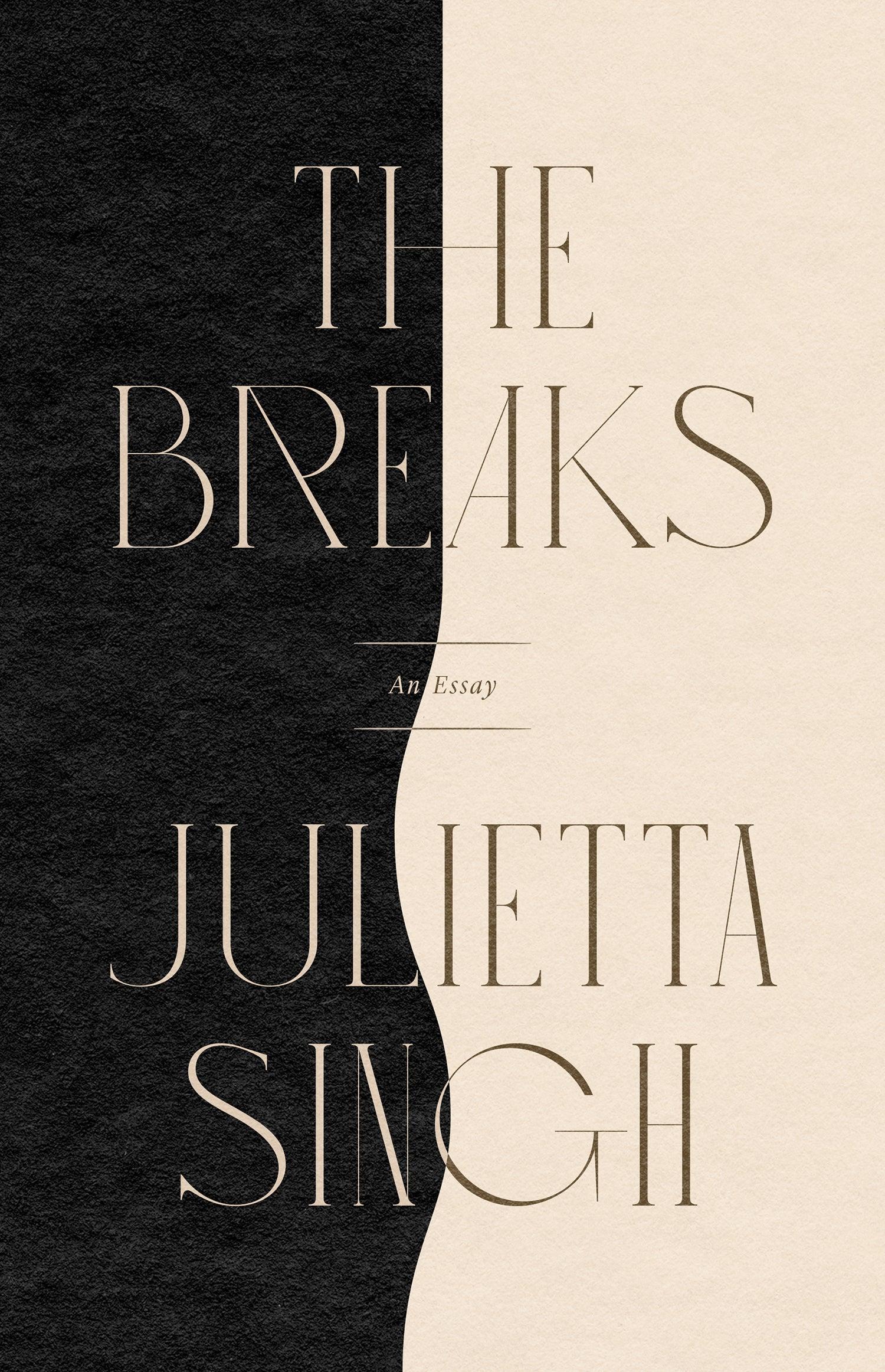In the run-up to Thanksgiving last year, you learned a whitewashed story at school about how the first peoples of this land were happy to give their sacred spaces to the consumptive force of European men in the name of civilization and progress. You came home from school and unzipped your backpack, revealing with artistic pride a picture book you had colored and stapled yourself. Your kindergarten teacher had asked you to color in a little Native American girl, then a Native American boy, followed by a pilgrim girl and boy, each one garbed in their traditional attire. I admired the craft of your book, a swell of parental pride coursing through me as I witnessed the evidence of my progeny doing and making things in the world beyond me. And I relished that you had colored all four children Brown like you.
As you flipped through the pages of your book, you narrated a sad story about how much the pilgrims had suffered when they arrived on this land. I felt a surge in my body, an immediate, unstoppable need to explain the other forms of suffering elided by this disturbingly singular narrative. I described some of the impacts of this arrival on Indigenous peoples—the European theft of their autonomies, cultures, languages, and lands. I explained that colonial practices dramatically changed how humans live in relation to this land. And I told you that this historical moment of colonial contact was crucial to understanding how we arrived at the global ecological crisis we face today. I will never forget the way you looked at me then, your head slightly tilted to one side, your eyes wide in bewilderment. We were sitting on the landing at the top of the apartment stairs, the contents of your backpack scattered around us. “This is not what my teacher told us,” you said with unmistakable agitation. I knew that for the first time you were confronting the existence of conflicting worldviews, a vital gulf between your formal education and your maternal one. “That’s okay,” I said. “My job as your mother is to tell you these stories differently, and to tell you other stories that don’t get told at school.” I pressed on to explain that history is a story based on a version of the past. “Can you hear the word story in history?” I asked. You nodded slowly, a little body in deep rumination. “These stories need to be told from the perspectives of those who have been most damaged by history. These other stories,” I said, “can teach us how to keep living.”
